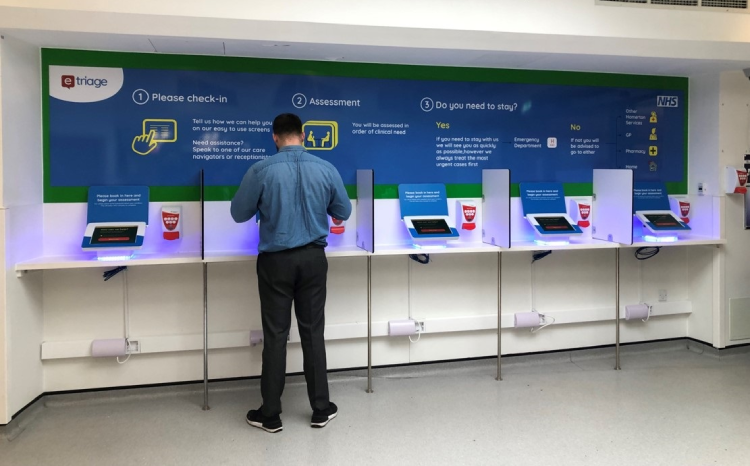National Programme Names LSP and NASP Candidates
- 16 April 2003
The National Programme for IT in the NHS has announced a “longlist” of 31 individual firms and consortia who have won through the first stage of tendering to be Local Service Providers (LSPs) and National Application Service Providers (NASPs) for the programme.
The announcement said that 27 candidates had qualified for further consideration for the role of LSP and 20 for the role of NASP. There was no breakdown of which candidates were being considered for which roles and the announcement covered only those firms and consortia that had given their consent to be named. See list below.
It remains unclear whether there are any “dark horses” who withheld their consent for publication, but the list is an impressive line-up of big names in IT and consulting many of whom had been widely tipped for inclusion.
Director General of IT, Richard Granger commented, “We were very pleased by the number and quality of the expressions of interest which provides confidence that at the end of the competition the successful bidders will be capable of meeting the stringent quality and competency requirements of this programme.”
The 31 successful candidates will go forward to second stage the purpose of which will be to determine – after further information and evaluation – who will be selected to receive a formal Preliminary Invitation to Negotiate.
The announcement made clear that applicants who were not successful – a total of 99 applications were received – will still be eligible for future opportunities with the National Programme by, for example, becoming sub-contractors to the candidates eventually chosen as LSPs and NASPs.
It was established last month that there would be five LSPs covering separate geographical regions of England. The first two, covering London and a region as yet unnamed, are expected to start work in October. Their task, like that of the other LSPs, will be to co-ordinate the implementation of the National Programme’s four technological pillars of electronic appointment booking, electronic transfer of prescriptions, modernised IT infrastructure and an electronic Integrated Care Record Service (ICRS).
The published list of candidates was as follows:
Accenture Plc/ Siemens Plc / Microsoft Ltd / Avanade (UK) Ltd Consortium
Accenture Plc
BT Plc
Cap Gemini Ernst & Young
Cerner Corporation / SchlumbergerSema / Serco / TATA Consultancy Services Consortium
Compuware Limited
CSC Computer Sciences Limited
CTG (Computer Task Group Inc)
EDS / iSOFT / Microsoft / Dell / SUN Consortium
Experian Limited
Fujitsu Services Limited / PricewaterhouseCoopers LLP / TATA Consultancy Services Limited Consortium
IBM UK Limited / ATOS KPMG Consulting Limited Consortium
IMS Health Limited
ITNET UK Limited
Lockheed Martin UK Systems Ltd / Hewlett Packard Corp / Perot Systems Corp Consortium (eHealthQuest Consortium)
Logica CMG plc
McKesson Information Solutions UK Limited / Capita Business Services Limited Consortium
Northrop Grumman Space and Mission Systems Inc / Northrop Grumman Mission Systems Limited
Oracle Corporation UK Limited
Patient First Alliance Consortium (Jarvis Plc / SAIC Ltd / Agilisys Ltd / PricewaterhouseCoopers LLP)
Patni Computer Systems (UK) Limited / First Consulting Group / Patient Safety Institute/ Seebeyond / iSOFT plc Consortium
Perot Systems Europe Limited
SAIC Limited
Sema UK t/a SchlumbergerSema / Fujitsu Services Limited / Cap Gemini Ernst & Young UK Plc Consortium
Serco Consortium (Serco Ltd / Morse Group Ltd / Sapient Ltd)
Siemens Plc
Steria Limited
Torex Plc
Unisys Limited
Wipro Technologies UK Limited
Xansa UK Limited





